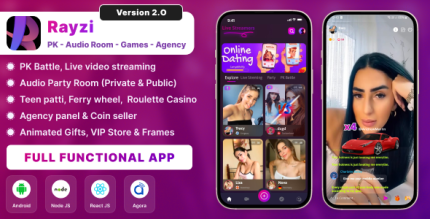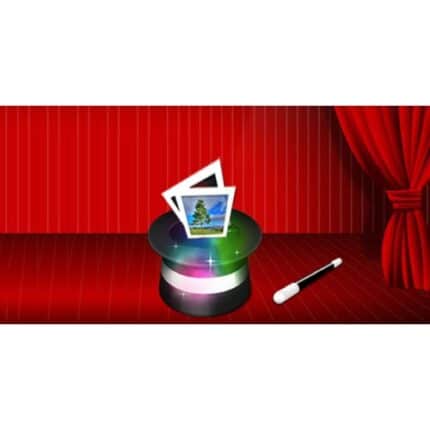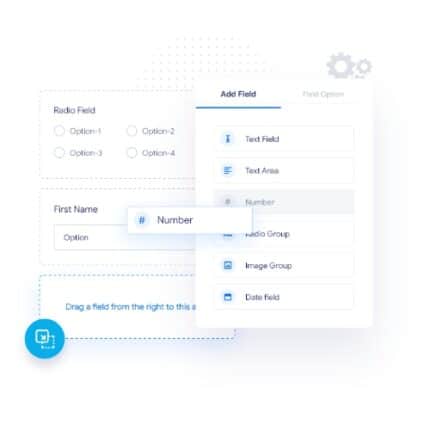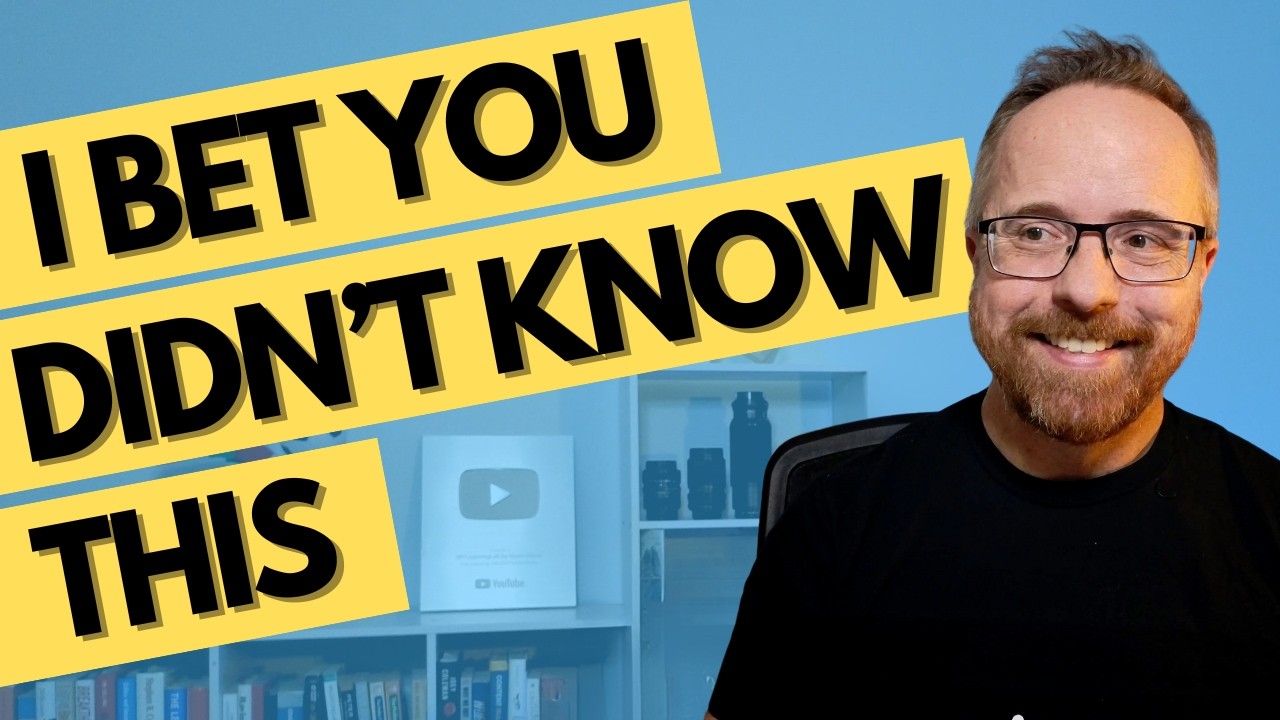Blog
Unlocking Focus: How Solving Puzzles Can Silence Distractions and Enhance Alertness
In our fast-paced world, distractions are everywhere, and maintaining a high level of alertness can feel like a daunting task. If you often find yourself struggling to stay focused, you’re not alone. Fortunately, a surprising solution lies in puzzle-solving—a technique that not only silences mental alarms but also fosters a sharper mind. In this article, we’ll explore how engaging with puzzles can enhance your concentration, improve cognitive function, and boost your overall mental clarity.
The Connection Between Puzzles and Mental Alertness
Puzzles are more than just a fun pastime; they provide a unique way to engage your brain. The process of solving puzzles activates various cognitive functions, leading to improved alertness. Here are some key ways in which this activity can sharpen your focus:
- Cognitive Engagement: Puzzles require problem-solving skills, critical thinking, and strategic planning, all of which demand a high level of mental engagement.
- Stress Reduction: Focusing on a puzzle can distract the mind from everyday stressors, effectively lowering anxiety levels and promoting a calm state of awareness.
- Brain Activation: Studies have shown that puzzling stimulates both hemispheres of the brain, enhancing overall cognitive function and responsiveness.
Types of Puzzles to Promote Alertness
To effectively incorporate puzzles into your routine, it’s essential to explore different types that cater to various skill levels and preferences. Here are some popular options:
-
Crossword Puzzles: These verbal puzzles enhance vocabulary and recall abilities, making them excellent for boosting verbal alertness.
-
Sudoku: This number-based puzzle enhances logical reasoning and can be a quick way to engage your math skills effectively.
-
Jigsaw Puzzles: Working on these requires spatial reasoning and patience, promoting deeper levels of concentration.
- Logic Puzzles: These often present a scenario that requires you to apply deductive reasoning, fostering both creativity and analytical thinking.
How to Integrate Puzzles into Your Daily Routine
Creating a daily habit of solving puzzles can lead to noticeable improvements in your mental agility. Here’s how to get started:
- Set Aside Time: Dedicate a specific time of day for puzzle-solving. It can be a morning ritual or a relaxing evening activity.
- Mix It Up: Use various types of puzzles to keep your brain engaged and responsive. This prevents monotony and enhances problem-solving skills.
- Join a Community: Find local or online groups focused on puzzles. Engaging with others can create a sense of accountability and make the experience more enjoyable.
The Science Behind Puzzles and Alertness
Research highlights the benefits of puzzles and their role in improving mental sharpness. Engaging in regular puzzle-solving not only enhances cognitive training but also increases neuroplasticity—the brain’s ability to reorganize itself. Here’s some noteworthy research:
- A study published in Psychology and Aging found that older adults who engaged in puzzle-solving activities demonstrated improved memory and cognitive speeds.
- The American Psychological Association emphasizes that mentally challenging activities can delay cognitive decline.
Tips for Enhancing Puzzle-Solving Skills
To maximize the benefits of puzzle-solving, consider employing these strategies:
- Stay Patient: Some puzzles take time to solve. Practice patience and enjoy the process.
- Collaborate: Work with friends or family. Collaboration can bring new perspectives and strategies to problem-solving.
- Reflect on Solutions: After solving a puzzle, take time to reflect on the approach taken. This metacognitive process can deepen your understanding and enhance future performance.
FAQs About Puzzles and Mental Alertness
Q1: How often should I do puzzles to see benefits?
A: Aim for at least 15-30 minutes a day for maximum cognitive enhancement.
Q2: What type of puzzle is best for a beginner?
A: Begin with crosswords or simpler Sudoku puzzles. Gradually increase difficulty as your skills improve.
Q3: Can puzzles help with memory retention?
A: Yes, regular puzzle-solving can enhance memory retention and recall abilities over time.
Conclusion: Embrace Puzzles for a Sharper Mind
Incorporating puzzle-solving into your daily routine can lead to significant improvements in mental alertness and overall cognitive function. As you engage your mind with different types of puzzles, not only will you silence distractions, but you’ll also foster a more focused and agile brain ready to tackle life’s challenges.
For more insights on cognitive development and brain training, explore our related articles on Theme Bazar. Additionally, resources from HealthLine and Mayo Clinic provide valuable information on maintaining mental health and sharpness.
Engage with puzzles today, and witness how they transform your focus and alertness for the better!
Elementor Pro
In stock
PixelYourSite Pro
In stock
Rank Math Pro
In stock
Related posts
Building a WordPress Plugin | Jon learns to code with AI
How to add custom Javascript code to WordPress website
6 Best FREE WordPress Contact Form Plugins In 2025!
Solve Puzzles to Silence Alarms and Boost Alertness
Conheça AI do WordPress para construção de sites
WordPress vs Shopify: The Ultimate Comparison for Online Store Owners | Shopify Tutorial
Apple Ends iCloud Support for iOS 10, macOS Sierra on Sept 15, 2025
How to Speed up WordPress Website using AI 🔥(RapidLoad AI Plugin Review)
Bringing AI Agents Into Any UI: The AG-UI Protocol for Real-Time, Structured Agent–Frontend Streams
Web Hosting vs WordPress Web Hosting | The Difference May Break Your Site
Google Lays Off 200+ AI Contractors Amid Unionization Disputes
MIT’s LEGO: A Compiler for AI Chips that Auto-Generates Fast, Efficient Spatial Accelerators
Products
-
 Rayzi : Live streaming, PK Battel, Multi Live, Voice Chat Room, Beauty Filter with Admin Panel
Rayzi : Live streaming, PK Battel, Multi Live, Voice Chat Room, Beauty Filter with Admin Panel
$98.40Original price was: $98.40.$34.44Current price is: $34.44.In stock
-
 Team Showcase – WordPress Plugin
Team Showcase – WordPress Plugin
$53.71Original price was: $53.71.$4.02Current price is: $4.02.In stock
-
 ChatBot for WooCommerce – Retargeting, Exit Intent, Abandoned Cart, Facebook Live Chat – WoowBot
ChatBot for WooCommerce – Retargeting, Exit Intent, Abandoned Cart, Facebook Live Chat – WoowBot
$53.71Original price was: $53.71.$4.02Current price is: $4.02.In stock
-
 FOX – Currency Switcher Professional for WooCommerce
FOX – Currency Switcher Professional for WooCommerce
$41.00Original price was: $41.00.$4.02Current price is: $4.02.In stock
-
 WooCommerce Attach Me!
WooCommerce Attach Me!
$41.00Original price was: $41.00.$4.02Current price is: $4.02.In stock
-
 Magic Post Thumbnail Pro
Magic Post Thumbnail Pro
$53.71Original price was: $53.71.$3.69Current price is: $3.69.In stock
-
 Bus Ticket Booking with Seat Reservation PRO
Bus Ticket Booking with Seat Reservation PRO
$53.71Original price was: $53.71.$4.02Current price is: $4.02.In stock
-
 GiveWP + Addons
GiveWP + Addons
$53.71Original price was: $53.71.$3.85Current price is: $3.85.In stock
-
 JetBlog – Blogging Package for Elementor Page Builder
JetBlog – Blogging Package for Elementor Page Builder
$53.71Original price was: $53.71.$4.02Current price is: $4.02.In stock
-
 ACF Views Pro
ACF Views Pro
$62.73Original price was: $62.73.$3.94Current price is: $3.94.In stock
-
 Kadence Theme Pro
Kadence Theme Pro
$53.71Original price was: $53.71.$3.69Current price is: $3.69.In stock
-
 LoginPress Pro
LoginPress Pro
$53.71Original price was: $53.71.$4.02Current price is: $4.02.In stock
-
 ElementsKit – Addons for Elementor
ElementsKit – Addons for Elementor
$53.71Original price was: $53.71.$4.02Current price is: $4.02.In stock
-
 CartBounty Pro – Save and recover abandoned carts for WooCommerce
CartBounty Pro – Save and recover abandoned carts for WooCommerce
$53.71Original price was: $53.71.$3.94Current price is: $3.94.In stock
-
 Checkout Field Editor and Manager for WooCommerce Pro
Checkout Field Editor and Manager for WooCommerce Pro
$53.71Original price was: $53.71.$3.94Current price is: $3.94.In stock
-
 Social Auto Poster
Social Auto Poster
$53.71Original price was: $53.71.$3.94Current price is: $3.94.In stock
-
 Vitepos Pro
Vitepos Pro
$53.71Original price was: $53.71.$12.30Current price is: $12.30.In stock
-
 Digits : WordPress Mobile Number Signup and Login
Digits : WordPress Mobile Number Signup and Login
$53.71Original price was: $53.71.$3.94Current price is: $3.94.In stock
-
 JetEngine For Elementor
JetEngine For Elementor
$53.71Original price was: $53.71.$3.94Current price is: $3.94.In stock
-
 BookingPress Pro – Appointment Booking plugin
BookingPress Pro – Appointment Booking plugin
$53.71Original price was: $53.71.$3.94Current price is: $3.94.In stock
-
 Polylang Pro
Polylang Pro
$53.71Original price was: $53.71.$3.94Current price is: $3.94.In stock
-
 All-in-One WP Migration Unlimited Extension
All-in-One WP Migration Unlimited Extension
$53.71Original price was: $53.71.$3.94Current price is: $3.94.In stock
-
 Slider Revolution Responsive WordPress Plugin
Slider Revolution Responsive WordPress Plugin
$53.71Original price was: $53.71.$4.51Current price is: $4.51.In stock
-
 Advanced Custom Fields (ACF) Pro
Advanced Custom Fields (ACF) Pro
$53.71Original price was: $53.71.$3.94Current price is: $3.94.In stock
-
 Gillion | Multi-Concept Blog/Magazine & Shop WordPress AMP Theme
Rated 4.60 out of 5
Gillion | Multi-Concept Blog/Magazine & Shop WordPress AMP Theme
Rated 4.60 out of 5$53.71Original price was: $53.71.$5.00Current price is: $5.00.In stock
-
 Eidmart | Digital Marketplace WordPress Theme
Rated 4.70 out of 5
Eidmart | Digital Marketplace WordPress Theme
Rated 4.70 out of 5$53.71Original price was: $53.71.$5.00Current price is: $5.00.In stock
-
 Phox - Hosting WordPress & WHMCS Theme
Rated 4.89 out of 5
Phox - Hosting WordPress & WHMCS Theme
Rated 4.89 out of 5$53.71Original price was: $53.71.$5.17Current price is: $5.17.In stock
-
 Cuinare - Multivendor Restaurant WordPress Theme
Rated 4.14 out of 5
Cuinare - Multivendor Restaurant WordPress Theme
Rated 4.14 out of 5$53.71Original price was: $53.71.$5.17Current price is: $5.17.In stock
-
 Eikra - Education WordPress Theme
Rated 4.60 out of 5
Eikra - Education WordPress Theme
Rated 4.60 out of 5$62.73Original price was: $62.73.$5.08Current price is: $5.08.In stock
-
 Tripgo - Tour Booking WordPress Theme
Rated 5.00 out of 5
Tripgo - Tour Booking WordPress Theme
Rated 5.00 out of 5$53.71Original price was: $53.71.$4.76Current price is: $4.76.In stock


















